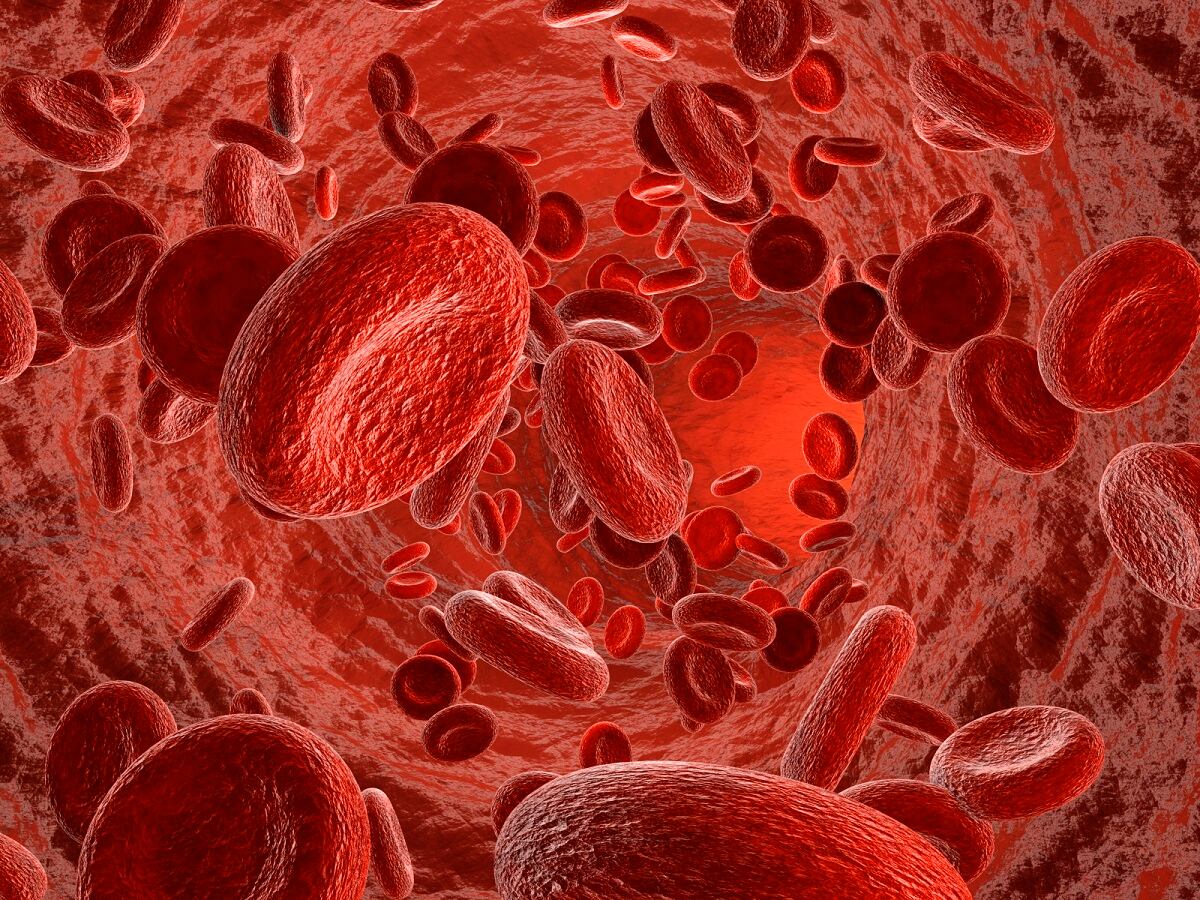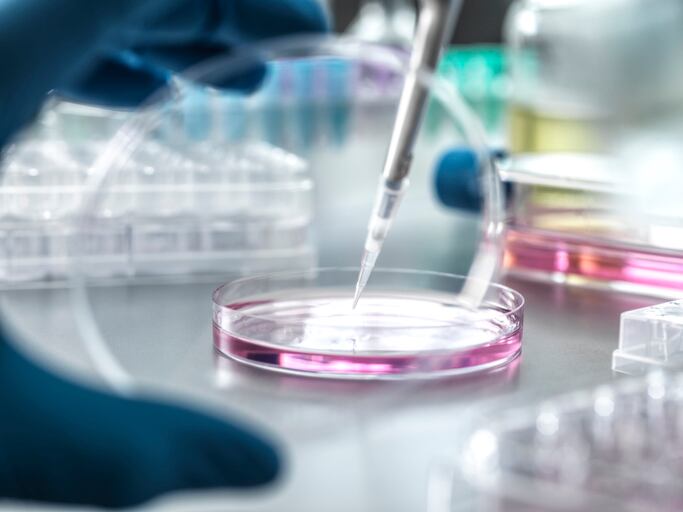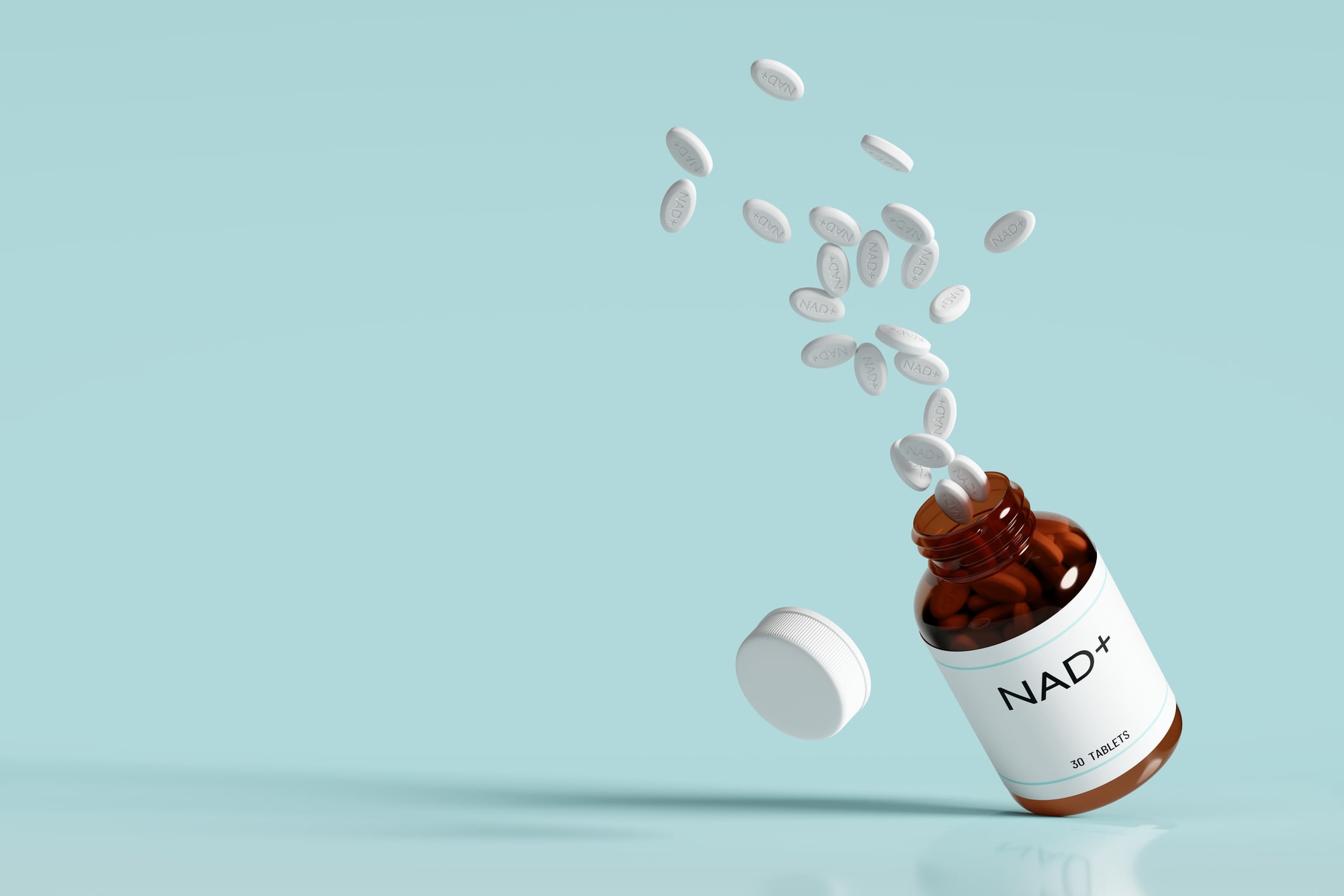The above finding came from a 60-day clinical trial conducted in India.
Writing in Geroscience, the researchers said the findings showed that NMN-induced NAD increase could potentially improve blood oxygen-carrying capacity.
A total of 80 participants with a mean age of 49.4 years old took part in the 60-day randomized, double-blind clinical trial, where they took either 300mg, 600mg, 900mg of NMN or placebo daily.
The researchers then collected fasting venous blood samples to measure changes in blood serum NAD levels and several blood biomarkers pre and post NMN supplementation.
Findings of the same trial previously published in GeroScience in 2023 reported that NMN supplementation at 600mg per day was the optimal dose for boosting the body’s NAD levels and physical performance.
In the current post-hoc analysis of the findings, the researchers found that NMN supplementation not only increased NAD levels and improved physical performance, but was also linked to statistically significant improvements in red blood cell parameters.
“Every 1 nM increase in the NAD level was associated with an increase in haemoglobin of 0.027%, red blood cells (RBC) of 0.025%, mean corpuscular haemoglobin concentration (MCHC) of 0.016 g/dL, and uric acid of 0.02%...
“NMN-induced increases in blood NAD are associated with an increase in RBC parameters, potentially indicating enhanced oxygen-carrying capacity,” the researchers wrote, adding that these were still within the reference range.
Using the link between NAD and MCHC increase as an example, the researchers wrote this could be due to the activity of sirtuin-1 (SIRT1) - a protein which depends on blood NAD for its function.
They also pointed out the findings were in line with another study which reported that higher blood NAD levels were significantly associated with a lower prevalence of microcytic and normocytic anemia in women.
Higher NAD baseline linked to less healthy profiles
The trial also found higher baseline blood NAD levels were associated with higher lipids and less optimal liver profile.
For instance, a higher NAD baseline was associated with higher triglycerides, lower HDL cholesterol levels, as well as higher alanine aminotransferase (ALT) and aspartate aminotransferase (AST) enzyme levels. Nonetheless, these were all within the reference range.
The median baseline blood NAD concentration among the 80 participants was 7.21 nM.
“Every 1 nM higher baseline NAD level was associated with 0.023% higher triglycerides, 0.009% lower high-density lipoprotein, 0.02% higher alanine transaminase, 0.01% aspartate transaminase...Higher baseline NAD levels are associated with inflammatory, lipid, and liver profiles,” the researchers wrote.
NMN supplementation also did not result in statistically significant changes in blood lipid levels - although blood NAD levels had increased.
This was in contrast to findings from a study involving Japanese participants, which reported that intravenous NMN intake had led to an increase in NAD levels, which was in turn associated with a reduction in triglyceride levels.
“There was no statistically significant association between blood NAD level change and the change in other complete blood count parameters, lipid profile, liver and kidney function, electrolytes and minerals, proteins, and coagulation after 60 days of NMN supplementation,” wrote the researchers.
Exploratory findings
While the study showed statistically significant associations in NMN supplementation, NAD blood serum level increase and improvements in red blood cell count, the researchers cautioned that these should be interpreted as exploratory findings.
This is because the clinical relevance of these findings remains uncertain.
“Although some laboratory parameters showed statistically significant changes, these values remained within normal reference ranges, and their clinical relevance remains uncertain.
“It is also noted that given the exploratory nature of analyses and the number of statistical tests performed, the risk of false positive associations cannot be excluded.
“The findings should be interpreted as exploratory, larger studies would be needed to confirm the findings in this study,” the researchers wrote.
Source: Geroscience. 2025 (ahead of print). doi: 10.1007/s11357-025-01968-0. “Association between blood nicotinamide adenine dinucleotide levels and blood laboratory parameters at baseline and after nicotinamide mononucleotide supplementation in middle-aged healthy individuals: post hoc analysis of a randomized, double-blinded, placebo-controlled clinical trial”. Authors: Kuerec AH, et al.





